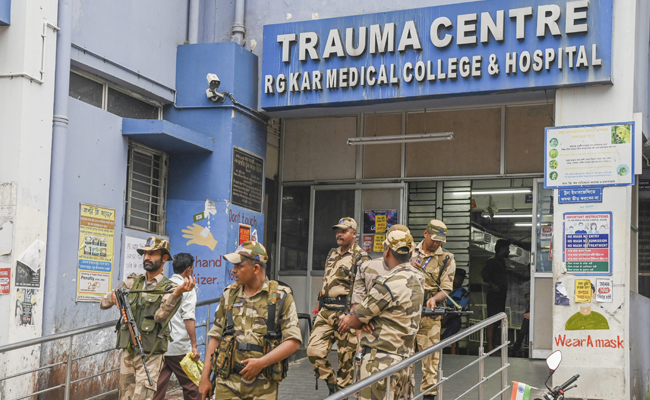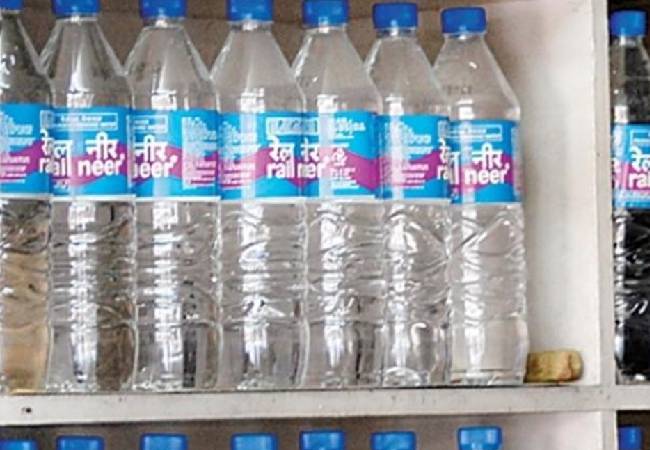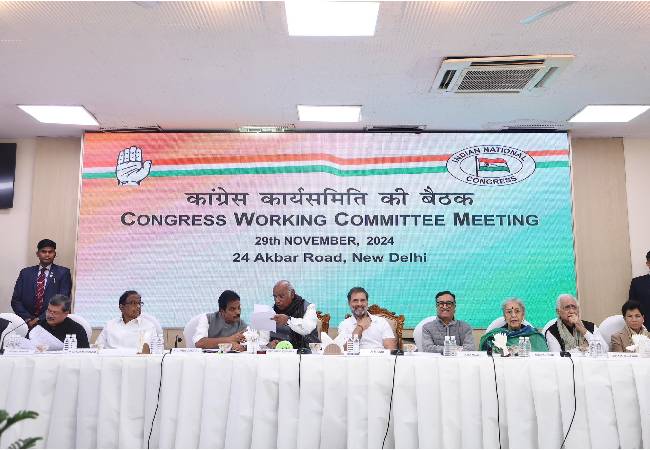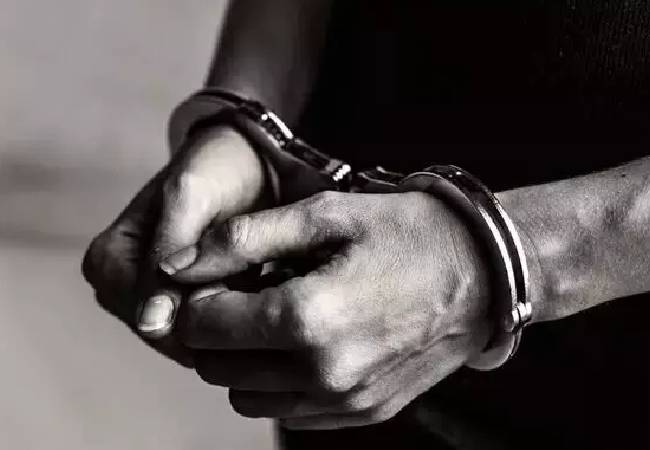New Delhi (PTI): The IMA has written to the National Task Force (NTF), which has been mandated to formulate protocol for ensuring safety and security of healthcare professionals, again demanding a central law on violence against doctors and hospitals and declaring hospitals as safe zones.
Stating that the Supreme Court has constituted the NTF to evolve a national consensus and to formulate protocols with due consultation of all stakeholders, the Indian Medical Association (IMA) in its letter formulated its submission in three sections.
The NTF was constituted the apex court in the wake of protests by doctors and healthcare professionals following the recent rape and murder of a trainee woman doctor at the state-run RG Kar Medical College and Hospital in Kolkata.
Firstly, putting forth its demand and justification for a central act on violence on doctors and hospitals, the IMA submitted its study 'Safety During Night Duty: Survey of 3885 Doctors Across India", its draft proposal for Central Act, draft legislation - "The Healthcare Service Personnel and Clinical Establishments (Prohibition of violence and damage to property) Bill, 2019", the Epidemic Diseases (Amendment) Act September 2020 among others as annexures.
Justifying the demand for a central act, the IMA in its letter said that healthcare facilities vary in nature both infrastructure wise and human resources wise.
"The only preventive strategy that could be applied across the board and across all the states is deterrent central law in statute. Absence of such law has resulted in half-hearted actions by the police and less that optimum investigations and prosecution of the incidence," it said.
Reasoning that deterrence is the best form of prevention, the IMA said that unlike other measures, a strong central law will prevent violence across all sectors especially the small and medium ones. It will serve as an enabling Act to the state legislations.
Secondly, for its demand for declaring hospitals as safe zones, the IMA said the concept of safe zones could be embedded in the proposed law as well.
"Declaration as safe zone entitles the hospitals with security entitlements. These security entitlements however should be tempered with patient friendly nature and cultural sensitivity," it said.
Third, it demanded improving the working and living conditions of the resident doctors.
Ever since the resident system was created, there have been administrative and judiciary pronouncements. "Yet few things have changed on the ground," it said.
"We the medical profession of India expect the National Task Force to live up to our expectations and instill confidence into the minds of the demoralised doctor community," the doctors' body said in the letter.
The IMA also stated that it is the national organisation of modern medicine doctors established in 1928 which played a part in the freedom struggle of the country and has its headquarters in New Delhi.
It has presence in almost all the districts of the country with 1,800 local branches, 28 state branches and 3,85,000 members. In addition, IMA has it presence in all the medical colleges of the country through its Junior Doctors Network and Medical Students Network, the letter mentioned.
The entire medical fraternity of India heeded to the call of IMA by withdrawing of all services except emergencies and casualties on August 17, it mentioned.
Let the Truth be known. If you read VB and like VB, please be a VB Supporter and Help us deliver the Truth to one and all.
New Delhi (PTI): Approximately 13 lakh litres of packaged drinking water -- 'Rail Neer' -- are being supplied to train passengers across the railway network daily, the government informed the Lok Sabha in a written reply on Wednesday.
Apprising the Lower House about the Indian Railways' endeavour to provide safe and potable drinking water facilities at all stations, the government also provided zone-wise details of the water vending machines (WVMs) installed there.
"To ensure the quality of drinking water being made available at the railway stations, instructions exist for periodical checking and required corrective action to be taken.
"Regular inspection and maintenance of drinking water facilities is carried out and complaints are attended to promptly," Railway Minister Ashwini Vaishnaw said while responding to a question raised by BJP MP Anup Sanjay Dhotre seeking to know the supply of drinking water at railway stations across the country
"Complaints regarding deficiency in services, including water supply, are received through various channels such as public complaints, web portals, social media, etc. These complaints are received at various levels, including the Railway Board, zonal railways, division office, etc.," Vaishnaw said.
"The complaints so received are forwarded to the concerned wings of Railways and necessary action is taken to check and address them. As receipt of such complaints and action taken thereon is a continuous and dynamic process, a centralised compendium of these is not maintained," he added.
Providing zone-wise details of water vending machines, the minister said 954 such machines have been installed across railway stations.
"The Indian Railways also provides safe and affordable packaged drinking water bottles -- Rail Neer -- approved by the Bureau of Indian Standards (BIS) in trains and at stations," Vaishnaw said.
"Approximately, 13 lakh litres of Rail Neer are being supplied per day to the travelling passengers in trains and at stations across the Indian Railways network," he added.




